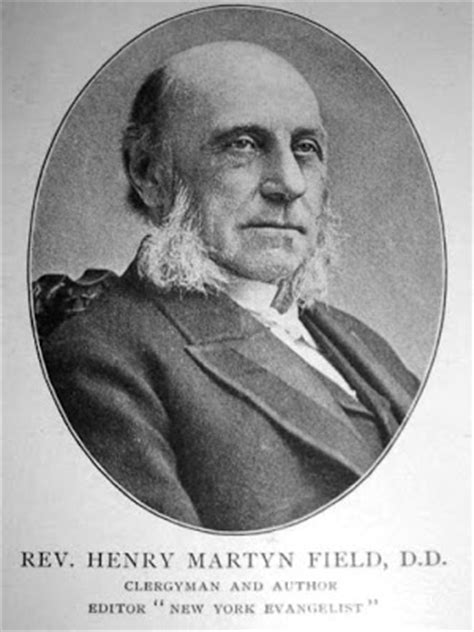A Quote by Henry George
Charity is false, futile, and poisonous when offered as a substitute for justice.
Related Quotes
Charity is no substitute for justice. If we never challenge a social order that allows some to accumulate wealth--even if they decide to help the less fortunate--while others are short-changed, then even acts of kindness end up supporting unjust arrangements. We must never ignore the injustices that make charity necessary, or the inequalities that make it possible.
Charity is commendable; everyone should be charitable. But justice aims to create a social order in which, if individuals choose not to be charitable, people still don't go hungry, unschooled or sick without care. Charity depends on the vicissitudes of whim and personal wealth; justice depends on commitment instead of circumstance.
While business advertises, charity is taught to beg. While business motivates with a dollar, charity is told to motivate with guilt. While business takes chances, charity is expected to be cautious. We measure the success of businesses over the long term, but we want our gratification in charity immediately. We are taught that a return on investment should be offered for making consumer goods, but not for making a better world.
In man's life, the absence of an essential component usually leads to the adoption of a substitute. The substitute is usually embraced with vehemence and extremism, for we have to convince ourselves that what we took as second choice is the best there ever was. Thus blind faith is to a considerable extent a substitute for the lost faith in ourselves; insatiable desire a substitute for hope; accumulation a substitute for growth; fervent hustling a substitute for purposeful action; and pride a substitute for an unattainable self-respect.
True generosity consists precisely in fighting to destroy the causes which nourish false charity. False charity constrains the fearful and subdued, the "rejects of life," to extend their trembling hands. True generosity lies in striving so that these hands--whether of individuals or entire peoples--need be extended less and less in supplication, so that more and more they become human hands which work and, working, transform the world.
It makes that a virtue which is not a virtue, and that a crime which is not a crime. Religion consists in a round of observances that have no relation whatever to natural goodness, but which rather exclude it by being a substitute for it. Penances and pilgrimages take the place of justice and mercy, benevolence and charity. Such a religion, so far from being a purifier, is the great corrupter of morals.




































